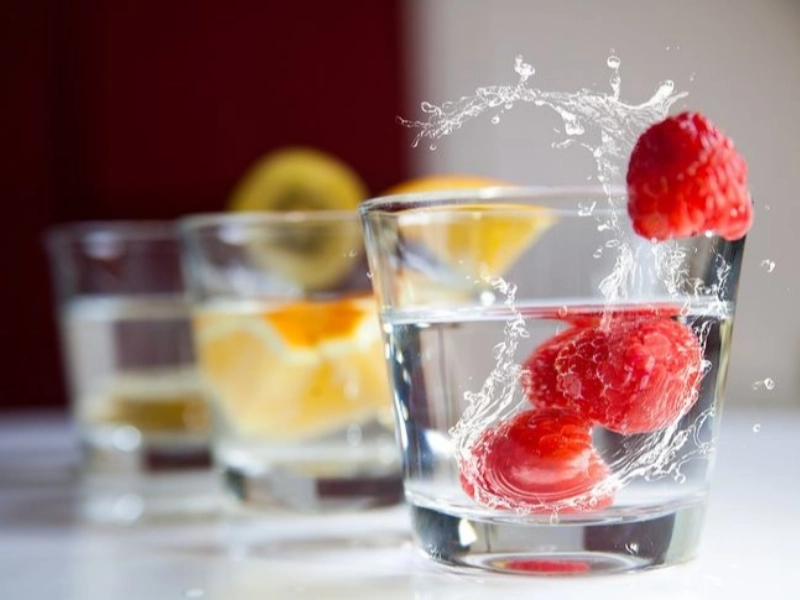Why Your Tongue Turns White and 8 Ways to Get Rid of It
Advertisement
3. Drink more water.

Advertisement
The question of how much water we should drink daily doesn't have a one-size-fits-all answer. The ideal amount depends on several individual factors like body weight, activity level, and climate. However, there are some general guidelines we can follow.
Drinking enough water has numerous health benefits. It promotes healthy skin, lubricates joints, and aids kidney function by flushing out bodily waste. Water also regulates body temperature, transports nutrients throughout the body, and enables saliva production - which is vital for oral health as saliva helps fight germs and bacteria in the mouth. When dehydrated, our mouths can accumulate more harmful microbes.
One potential sign of dehydration is a white, coated tongue. To prevent this, we should drink water regularly and carry a reusable bottle to top up our hydration levels whenever we feel thirsty. Other symptoms of dehydration include dark yellow urine, fatigue, headaches, dizziness, and infrequent urination.
While individual needs vary, a general rule is to drink around 15.5 cups (3.7 liters) of fluids per day for men and 11.5 cups (2.7 liters) for women. This recommendation covers intake from water, other beverages and moisture-rich foods. Those who exercise regularly or live in hot climates may need to consume more. Factors like pregnancy, breastfeeding and illness can also increase daily fluid requirements.
By making an effort to stay hydrated, we support our body's daily functions and overall wellbeing. Sipping water regularly, eating hydrating foods, and limiting diuretics like alcohol and caffeine can help ensure we meet our hydration goals each day.
Advertisement
You May Like

